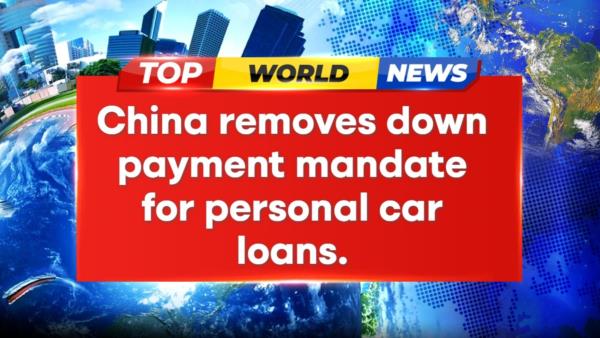
China has recently made a significant change in its automotive industry by eliminating the requirement for down payments on personal car loans. This move marks a shift in the country's approach to auto financing and is expected to have a notable impact on car sales and consumer behavior.
Previously, Chinese regulations mandated that individuals looking to purchase a car on credit had to make a down payment of a certain percentage of the vehicle's price. This requirement often acted as a barrier for many potential buyers, especially those with limited financial resources.
By scrapping the down payment mandate, China aims to stimulate car sales and boost the overall economy. This decision is part of a broader effort to encourage consumer spending and drive economic growth in the country.
The elimination of down payments for personal car loans is likely to make car ownership more accessible to a wider segment of the population. It is expected to particularly benefit young professionals, first-time car buyers, and individuals from lower-income backgrounds.
Industry experts predict that this policy change will lead to an increase in car sales in China, as more people will now have the opportunity to finance a vehicle without the burden of a substantial upfront payment. This, in turn, is anticipated to drive competition among automakers and lenders in the Chinese market.
Overall, the removal of down payment requirements for personal car loans represents a significant development in China's auto financing landscape. It reflects the government's efforts to support consumer spending and economic recovery, while also addressing the evolving needs and preferences of car buyers in the country.







